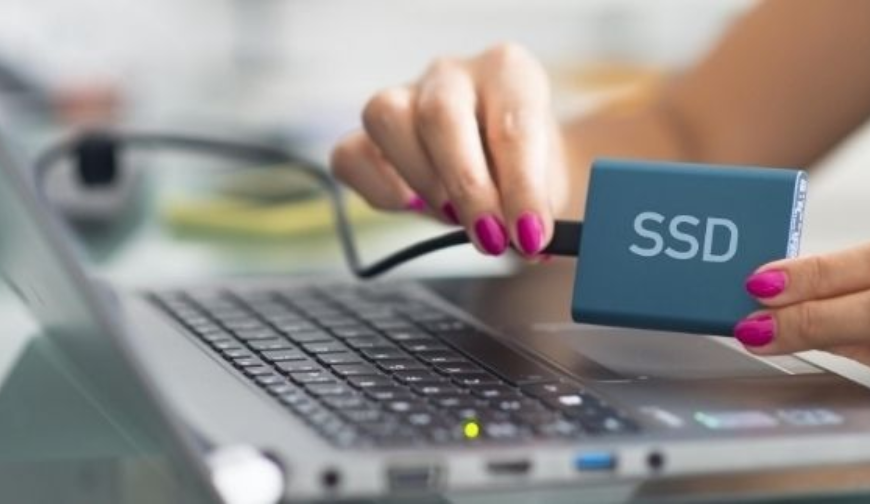Solid State Drives (SSDs) have revolutionized storage technology with their speed, reliability, and durability. However, even SSDs can fail — sometimes suddenly, putting your critical data at risk. Understanding why SSDs fail and how to prevent data loss can save you from expensive repairs or permanent data loss.
At SSD.Repair, we specialize in recovering data from failed SSDs of all brands and models. Below, we’ll explain the most common causes of SSD failure and practical steps you can take to protect your data.
1. Power Surges or Sudden Power Loss
Power fluctuations are one of the top causes of SSD failure. A sudden loss of power while writing data can corrupt files, damage firmware, or even burn out components.
Prevention Tips:
- Use a reliable UPS (Uninterruptible Power Supply) or surge protector.
- Avoid unplugging your system during data transfer.
- Keep your firmware updated to handle power interruptions safely.
2. Firmware Corruption
Firmware acts as the brain of your SSD. If it becomes corrupted, your drive may not be recognized by the computer — even if the hardware itself is fine.
Prevention Tips:
- Regularly update SSD firmware from the manufacturer’s website.
- Avoid forced shutdowns or interrupting updates.
- If your SSD suddenly disappears from BIOS, seek professional firmware repair — not DIY fixes.
3. NAND Flash Wear and Tear
SSDs have a limited number of write/erase cycles. Over time, the NAND flash memory cells wear out, leading to bad sectors and reduced performance.
Prevention Tips:
- Avoid using SSDs for heavy write operations (like video editing or scratch disks).
- Enable TRIM and wear leveling functions in your OS.
- Replace aging SSDs proactively before they reach end of life.
4. Controller Chip Failure
The controller manages data flow inside your SSD. When it fails, your data becomes inaccessible even if the NAND chips are fine.
Prevention Tips:
- Keep your system cool and dust-free.
- Avoid physical shocks and overheating.
- Use high-quality power supplies and cables to reduce electrical stress.
5. Overheating
High temperatures shorten SSD lifespan by damaging internal circuits and reducing performance.
Prevention Tips:
- Maintain proper airflow inside your PC or laptop.
- Clean dust from fans regularly.
- Avoid placing laptops on soft surfaces that block ventilation.
6. File System Corruption
Improper shutdowns, malware, or software crashes can corrupt the file system, making the SSD unreadable.
Prevention Tips:
- Use antivirus software and avoid unsafe downloads.
- Always eject external SSDs properly before unplugging.
- Run regular disk checks and back up important data frequently.
7. Manufacturing Defects or Aging
Even with quality control, some SSDs may ship with faulty components or degrade faster over time.
Prevention Tips:
- Choose trusted SSD brands with good warranties.
- Test new drives using diagnostic tools before storing critical data.
- Replace SSDs after 3–5 years of heavy use.
What to Do When Your SSD Fails
If your SSD becomes undetectable or starts showing errors — stop using it immediately. Continued attempts can worsen damage or overwrite recoverable data.
At SSD.Repair, our specialists use advanced tools and cleanroom techniques to recover data from all SSD brands, including Samsung, Kingston, Crucial, Western Digital, and SanDisk. Whether the issue is firmware corruption, controller failure, or logical damage — we can help restore your data safely and securely.
Final Thoughts
SSDs are fast and efficient, but not invincible. Regular backups, good power protection, and mindful usage are the keys to long-term reliability.
If your SSD ever fails, trust the experts at SSD.Repair — where technology meets precision to bring your data back to life.
